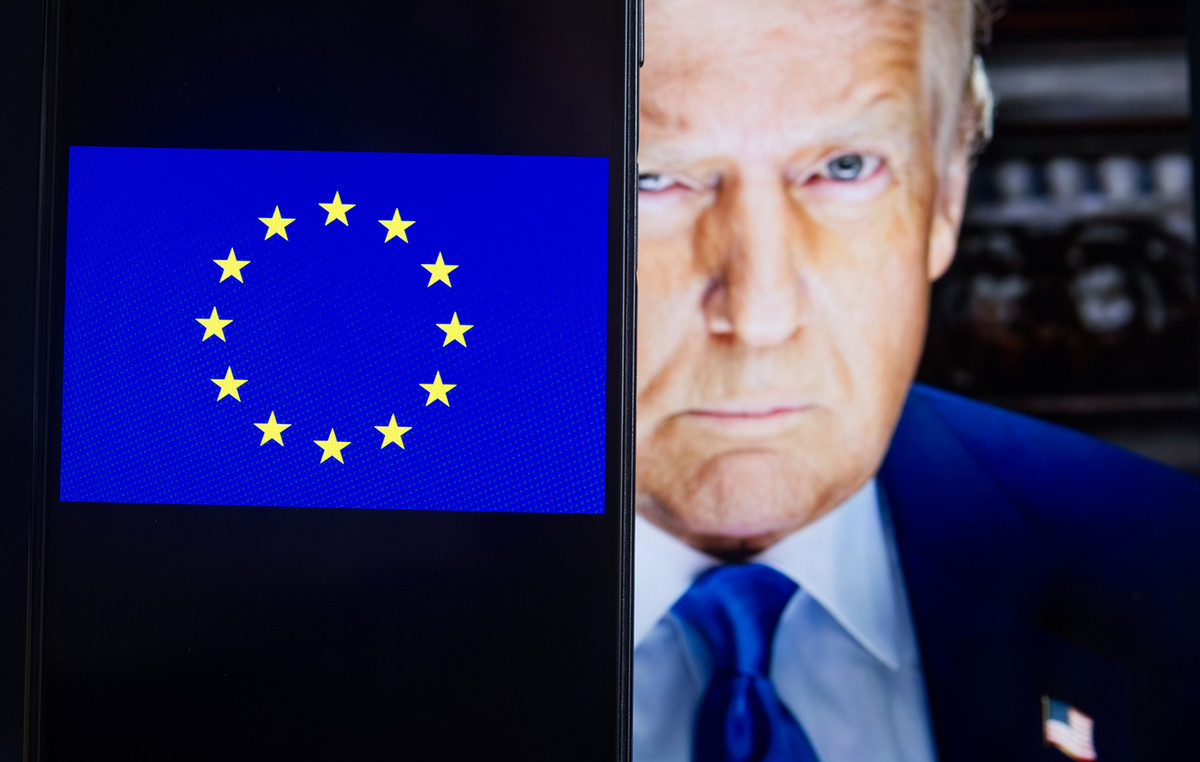The automaker Stellantis, owner of the Fiat, Jeep, Citroën and Peugeot brands, closed an agreement in Brazil with the technology company LexisNexis for the sale of insurance designed from the data provided by connected cars — those that have sensors that allow communication vehicle with other people and services.
The automotive group expects to close the year with 150,000 connected vehicles sold in Brazil, and the estimate is that, in at least 60% of them, the owners consent to the use of the data by the companies.
Consent is a General Data Protection Act (LGPD) requirement, and the estimation of how many users will adhere comes from experiences in the United States and Europe.
“We already start with 150,000 connected cars. We expect from this volume, at least 60% with consent”, said this Tuesday (13) Susan Erdosi, leader of telemetry products at LexisNexis. According to her, the biggest challenge for companies will be to show customers the benefits of sharing information.
The idea of the agreement is to use the data to make more interesting offers of insurance to customers, according, for example, to the use they make of the car in their daily lives.
LexisNexis will process the data sent by Stellantis, and it is from the models made by the company that insurers, which underwrite the risk, will make offers to car owners.
According to Erdosi, the model will make it faster for insurers to select the risks they want to cover, and for them to manage these risks later.
Insurers will be able to consult with Lexis the vehicle data from the customer’s CPF, or CPF and chassis. In all cases, data will only be sent if the driver has agreed to the sharing.
The package will include information such as mileage and score, set up by the company based on the type of trip the driver makes, how often he uses the car and how many times he drives to places he does not usually go.
The two companies said, at an event in São Paulo, that the fleet of connected cars in circulation in Brazil and that are from Stellantis brands should grow in the next two years. The automaker estimates to sell 300,000 of them next year.
Currently, models like Jeep Renegade and Fiat Toro already leave the factory with the technology. The new Fiat Fastback, which will be launched this week, will also be connected, and Stellantis’ idea is to extend the functionality, in the future, to all makes and models.
Lexis expects that by 2028, all car sales in the local market will be connected models. The sector sees this change as an opportunity to increase the insured fleet in the country.
“Today, a fifth of cars leave the factory insured. By 2031, all cars will leave the factory connected,” said Giuliano Mourão, general manager of LexisNexis’ insurance division in Brazil.
For automakers, connected cars are a way to more consistently sell services to customers.
“The automaker has already understood that it is not enough to make a car, it needs to be present in the entire mobility journey”, pointed out André Souza, CIO of Stellantis for South America and head of connected services.
Source: CNN Brasil
Joe Jameson, a technology journalist with over 2 years of experience, writes for top online news websites. Specializing in the field of technology, Joe provides insights into the latest advancements in the industry. Currently, he contributes to covering the world stock market.







